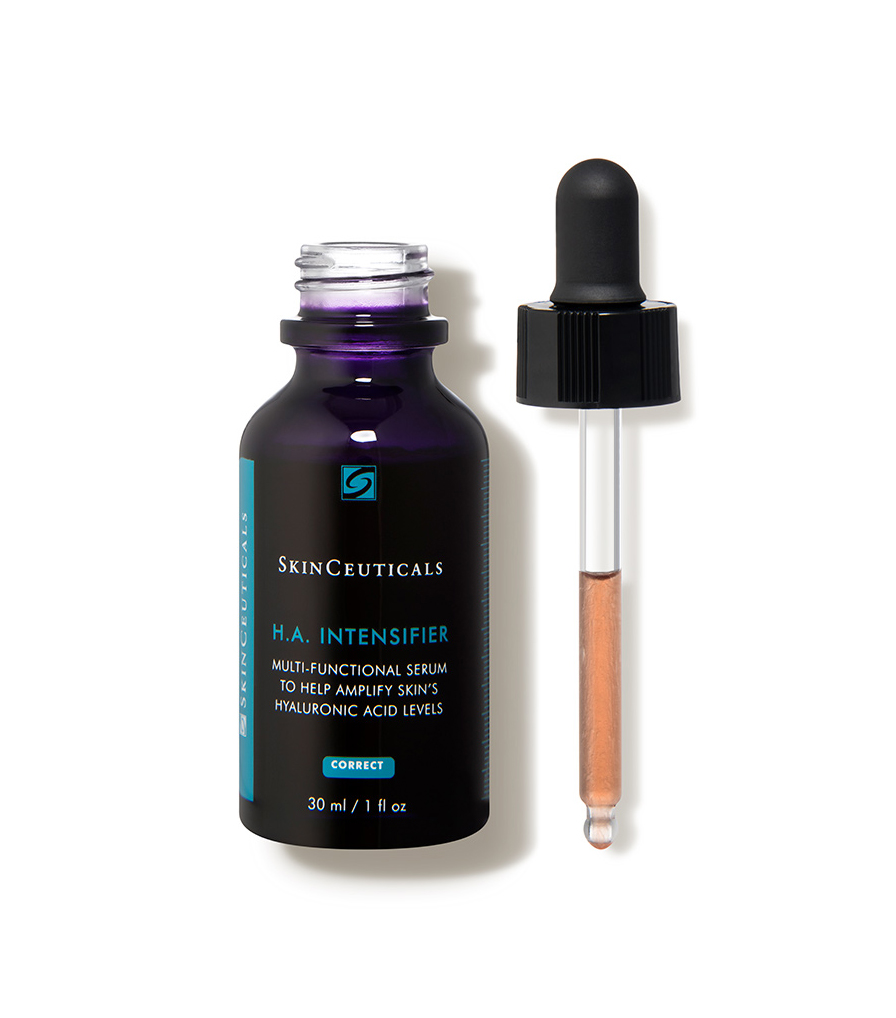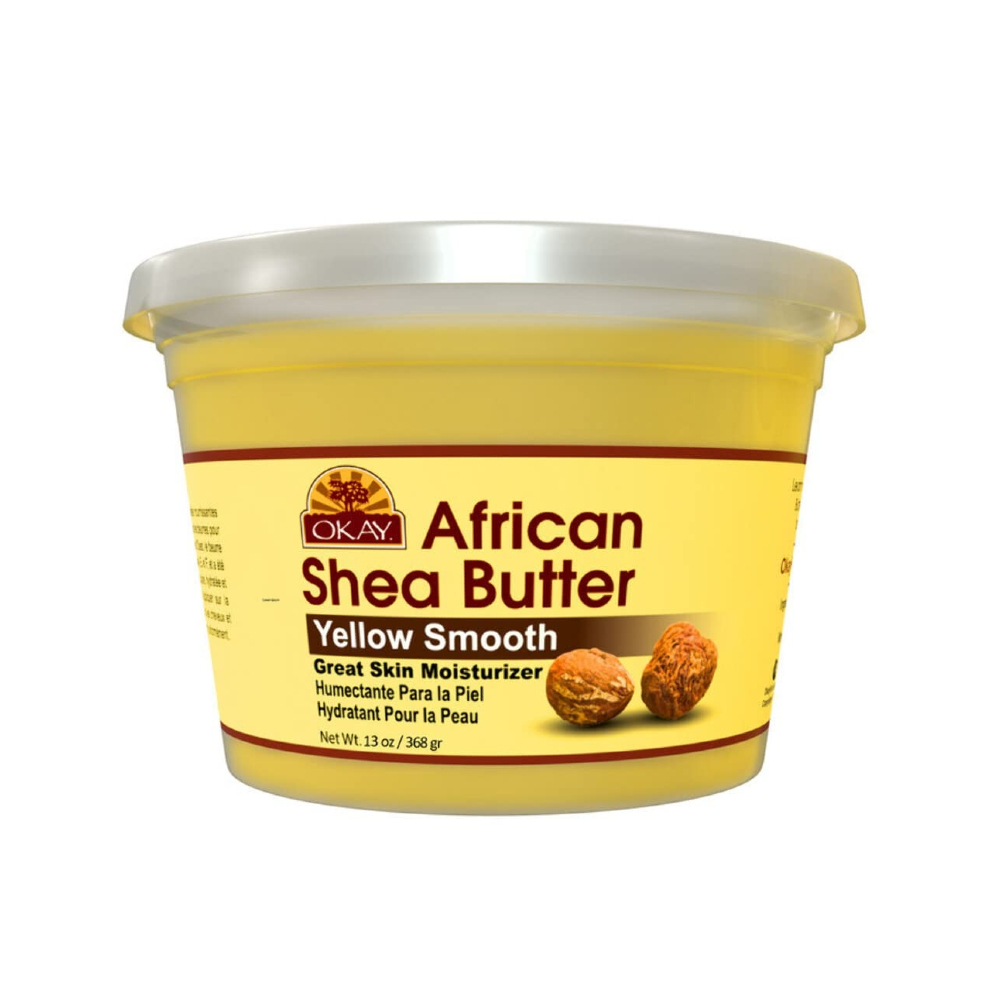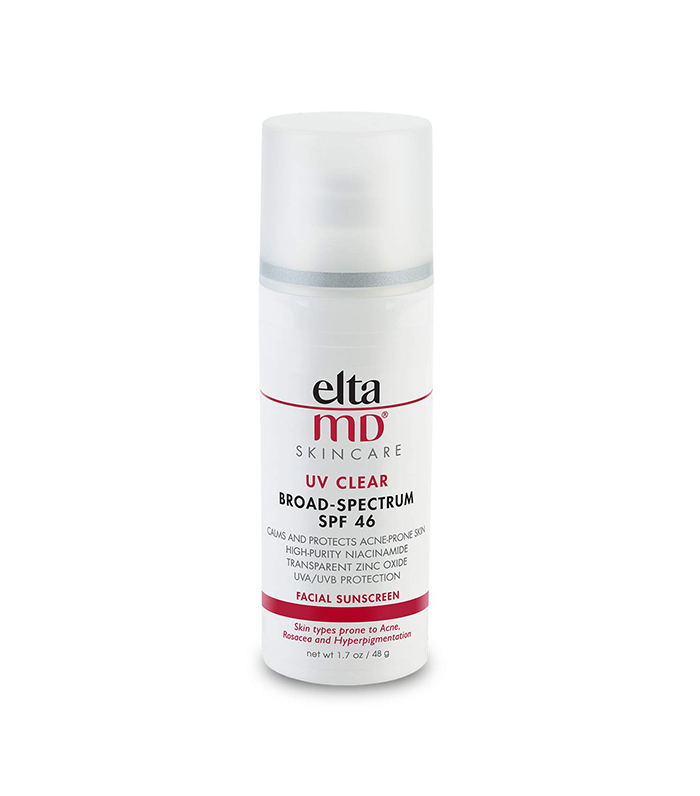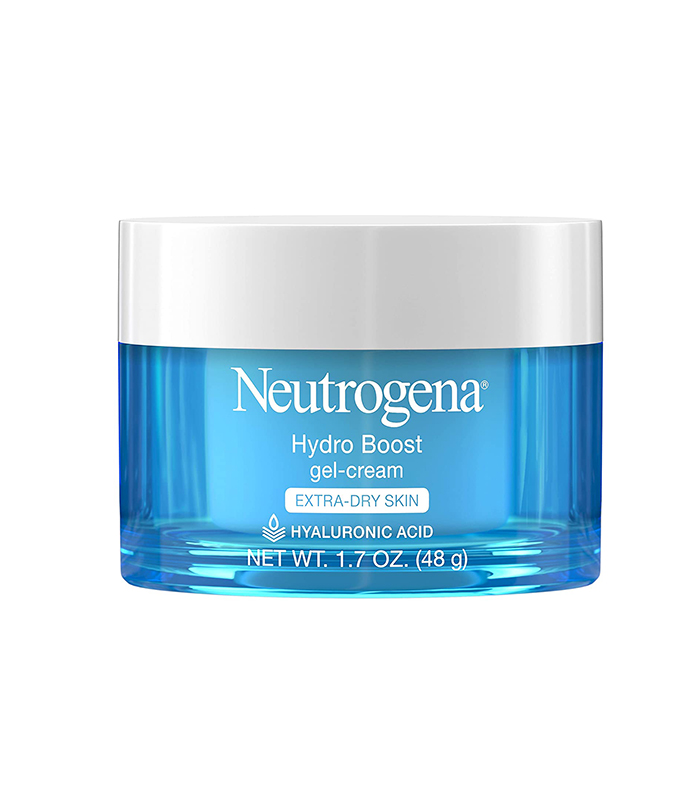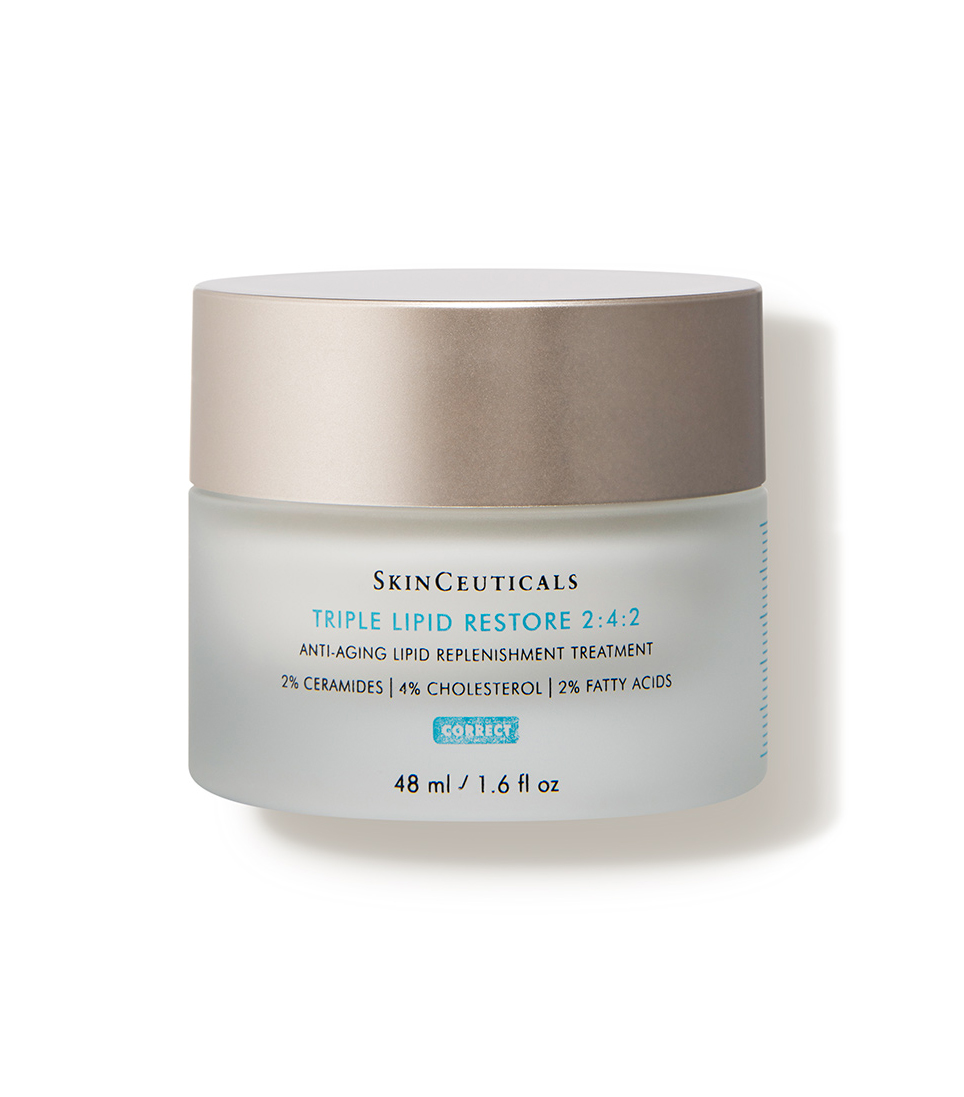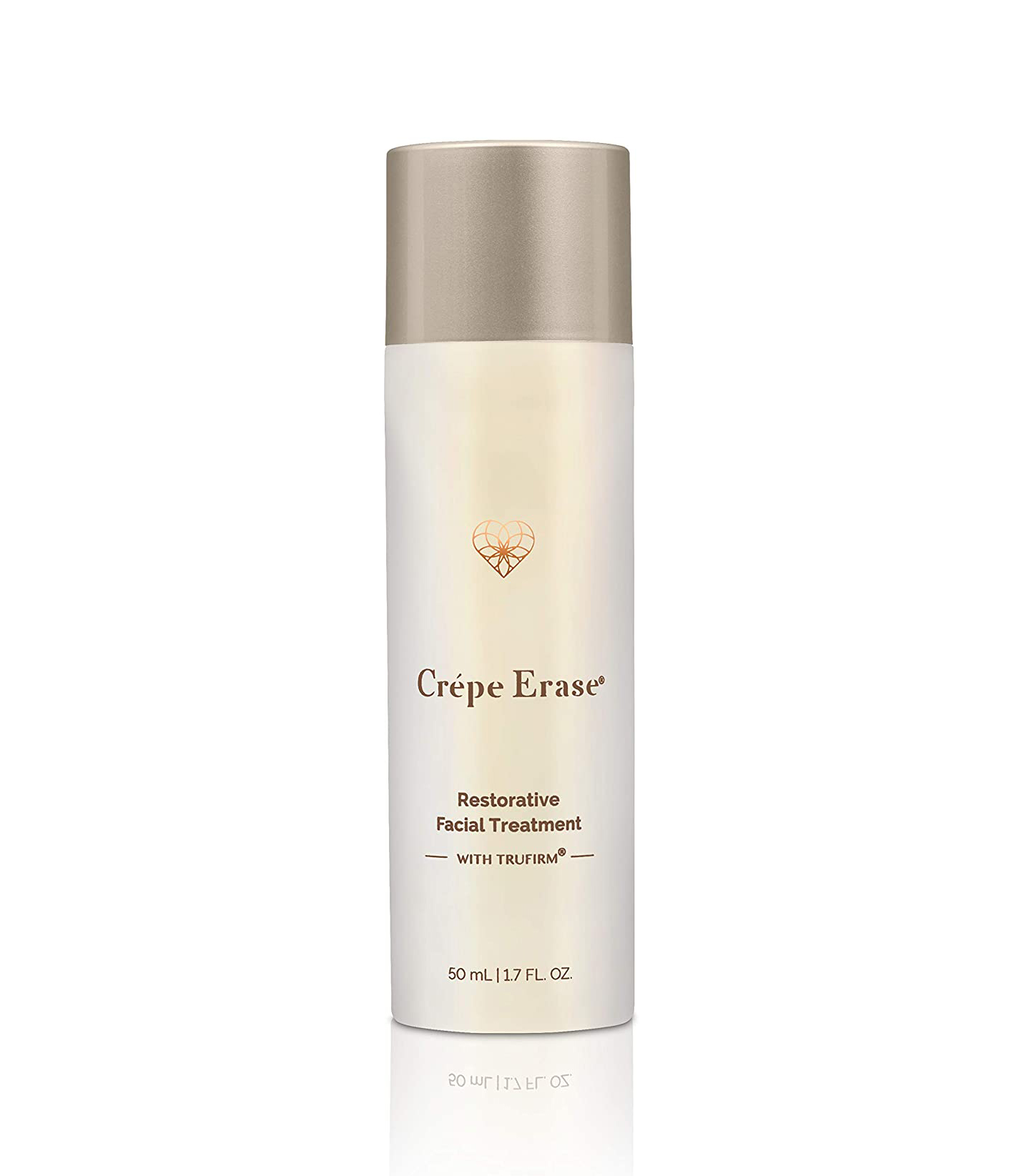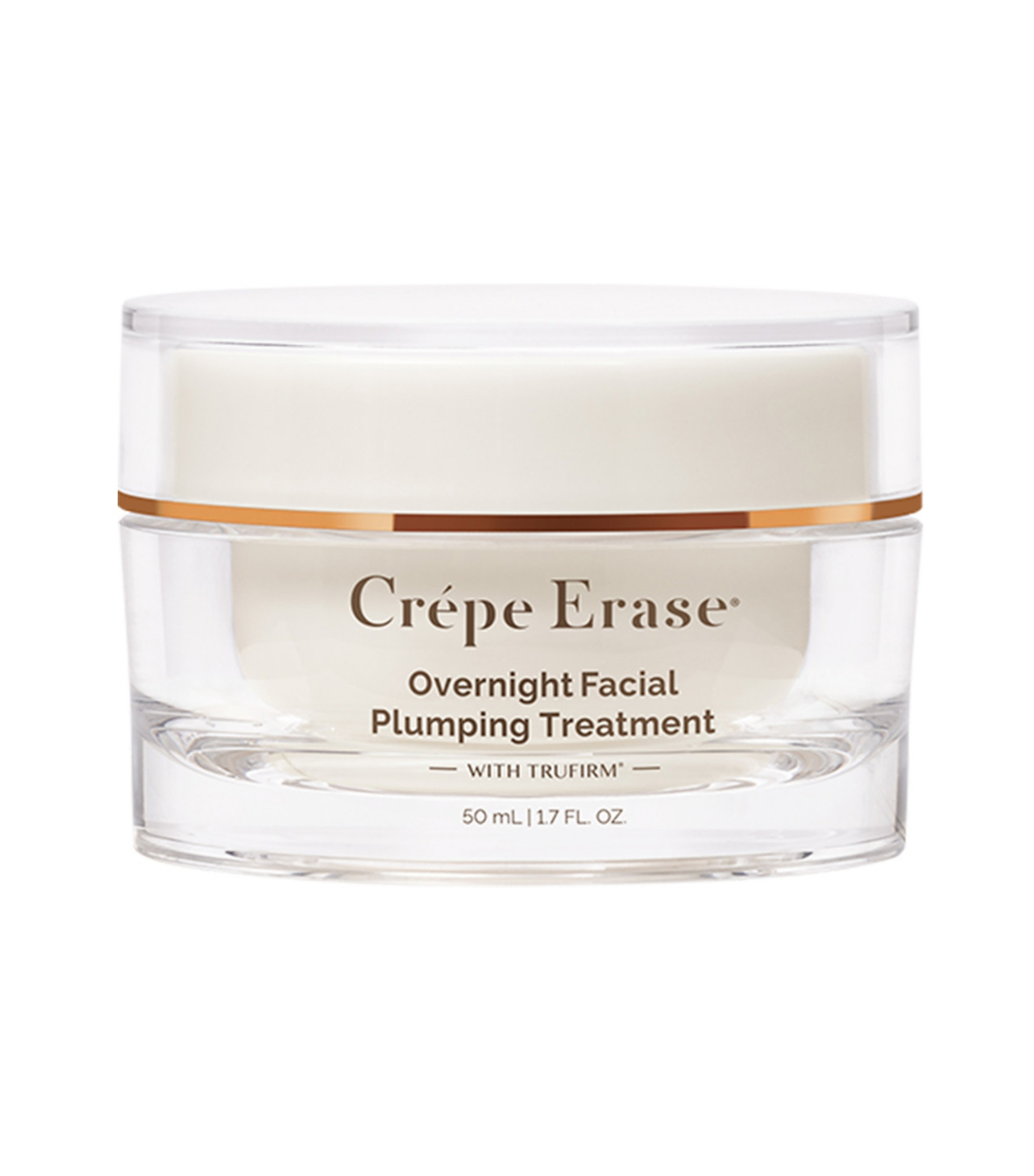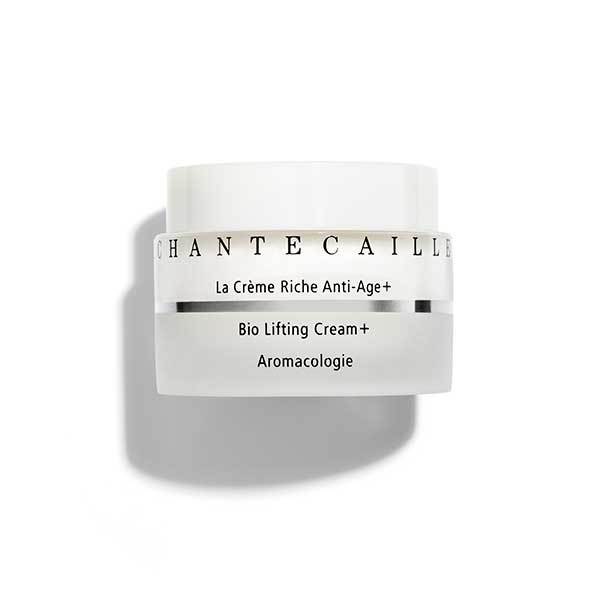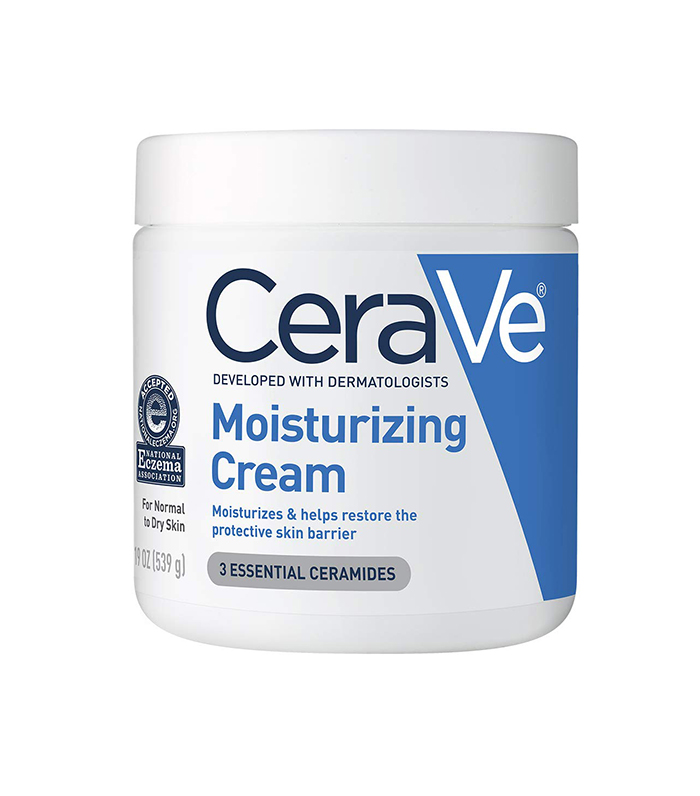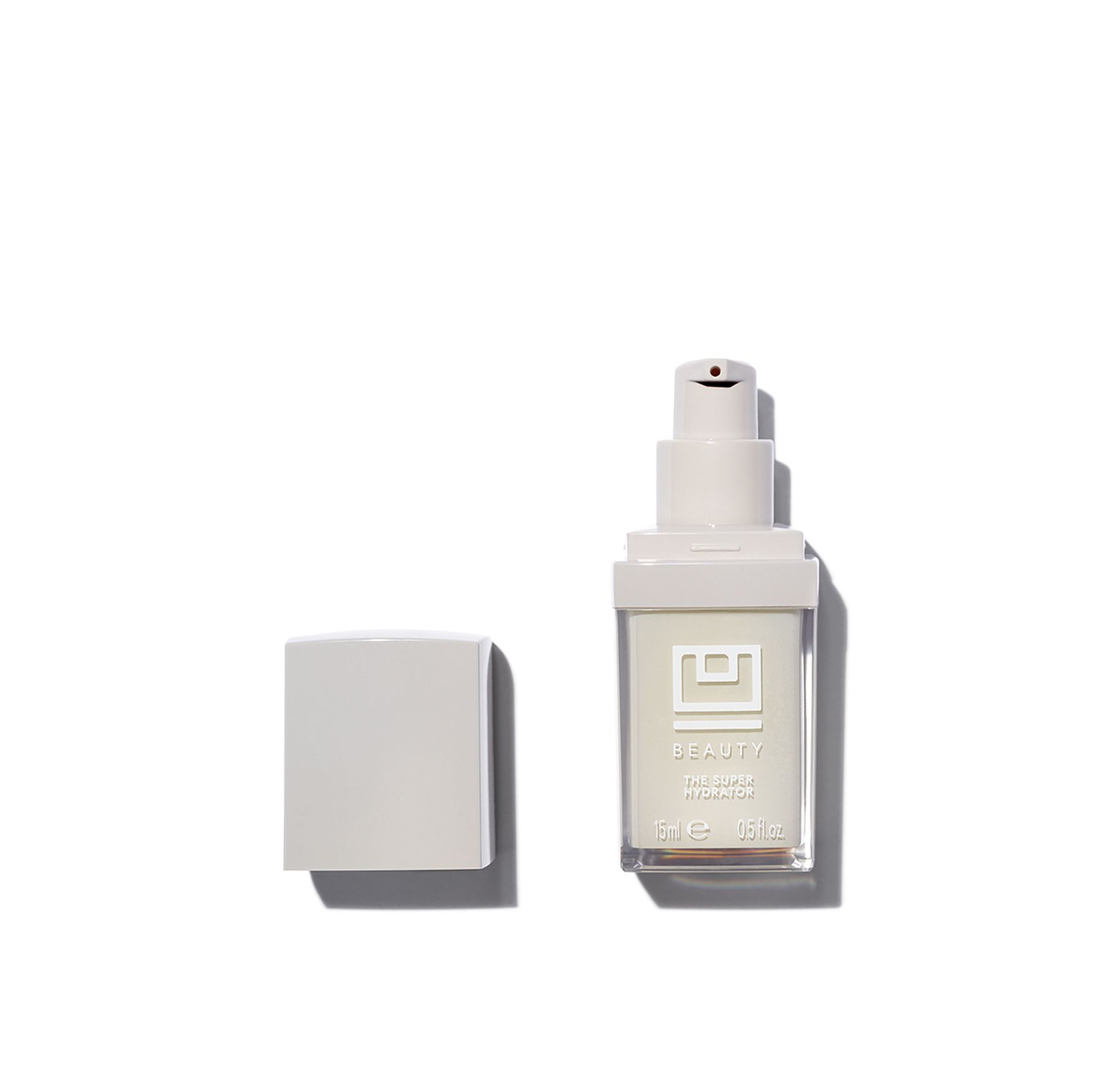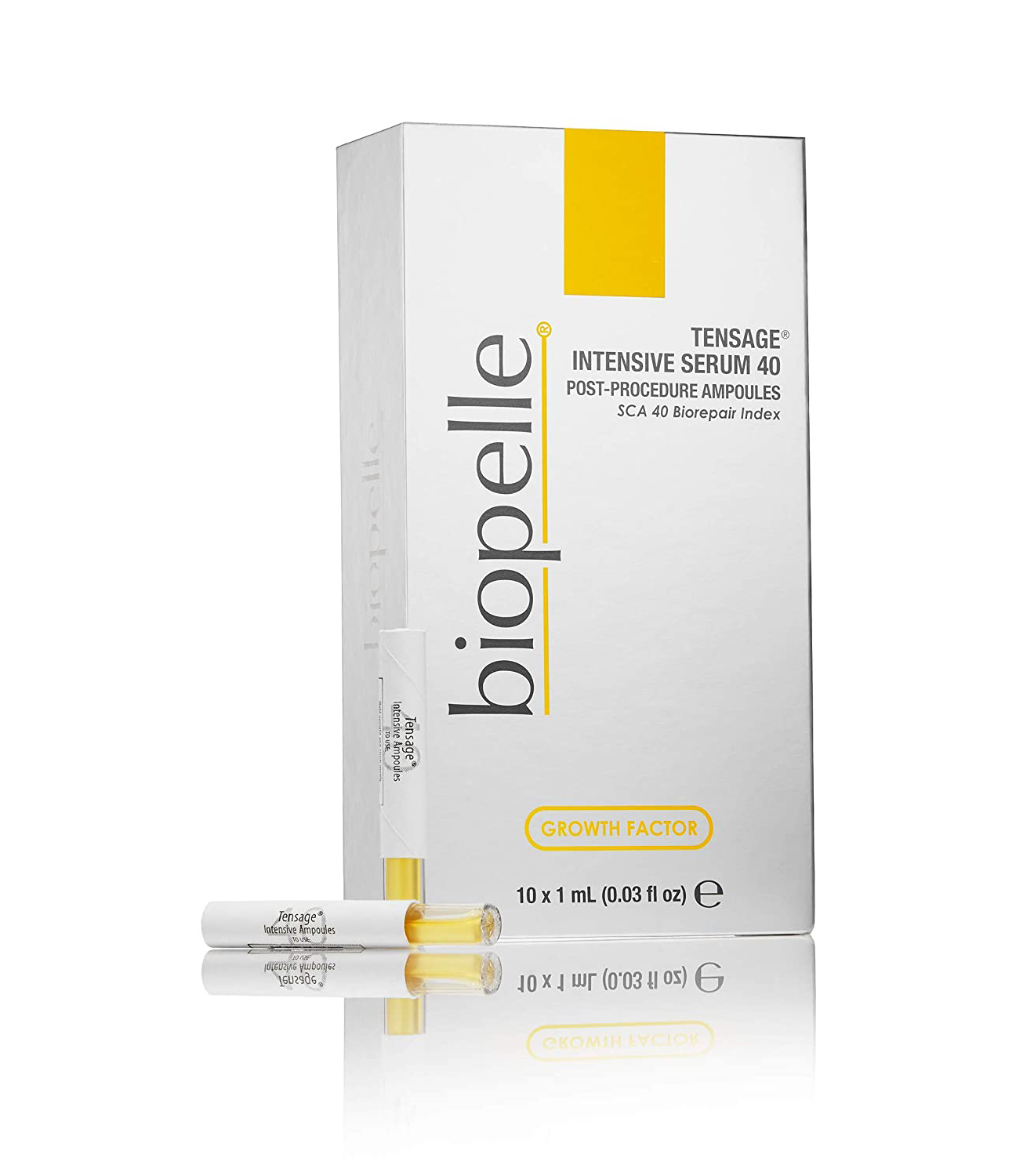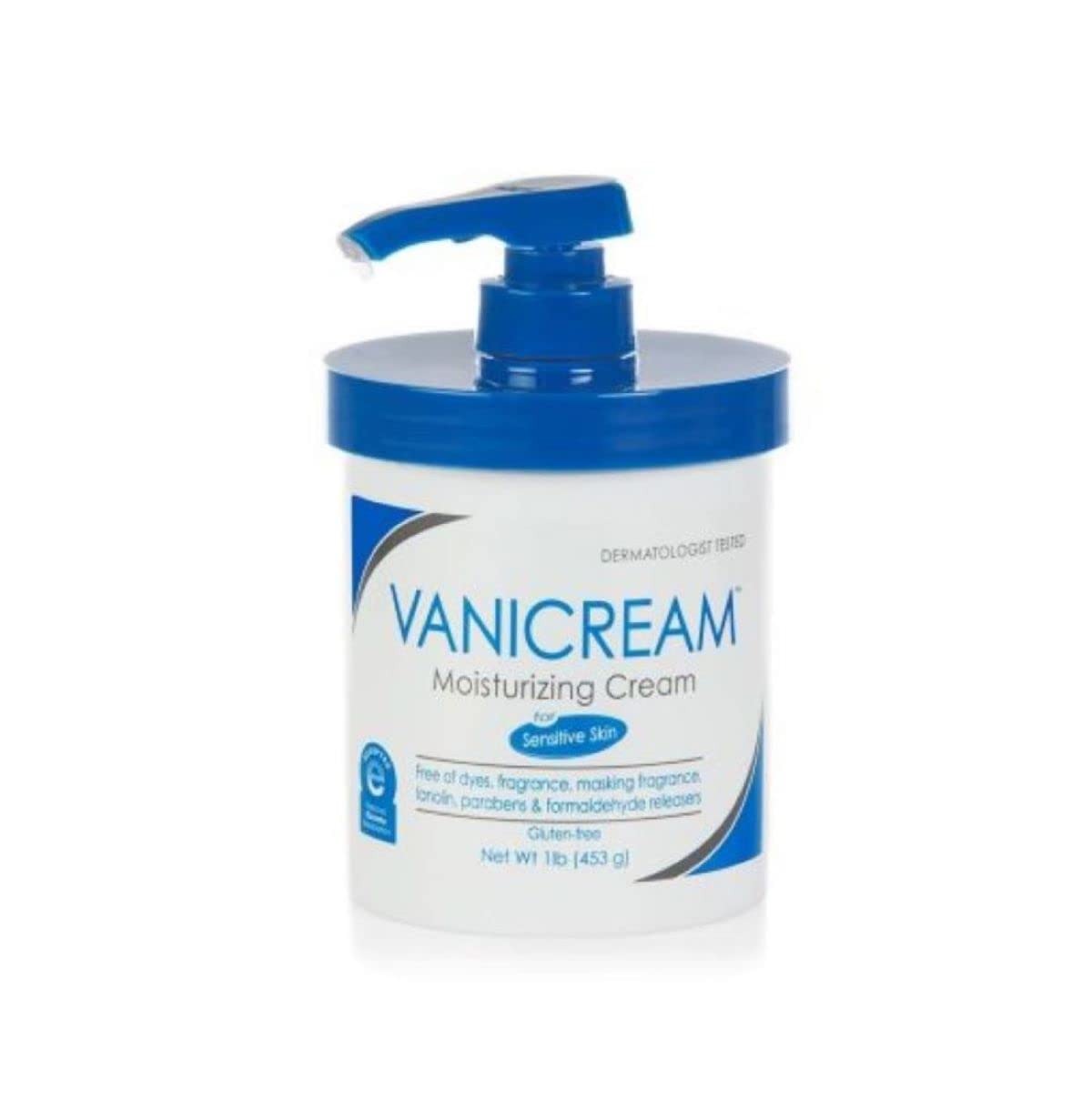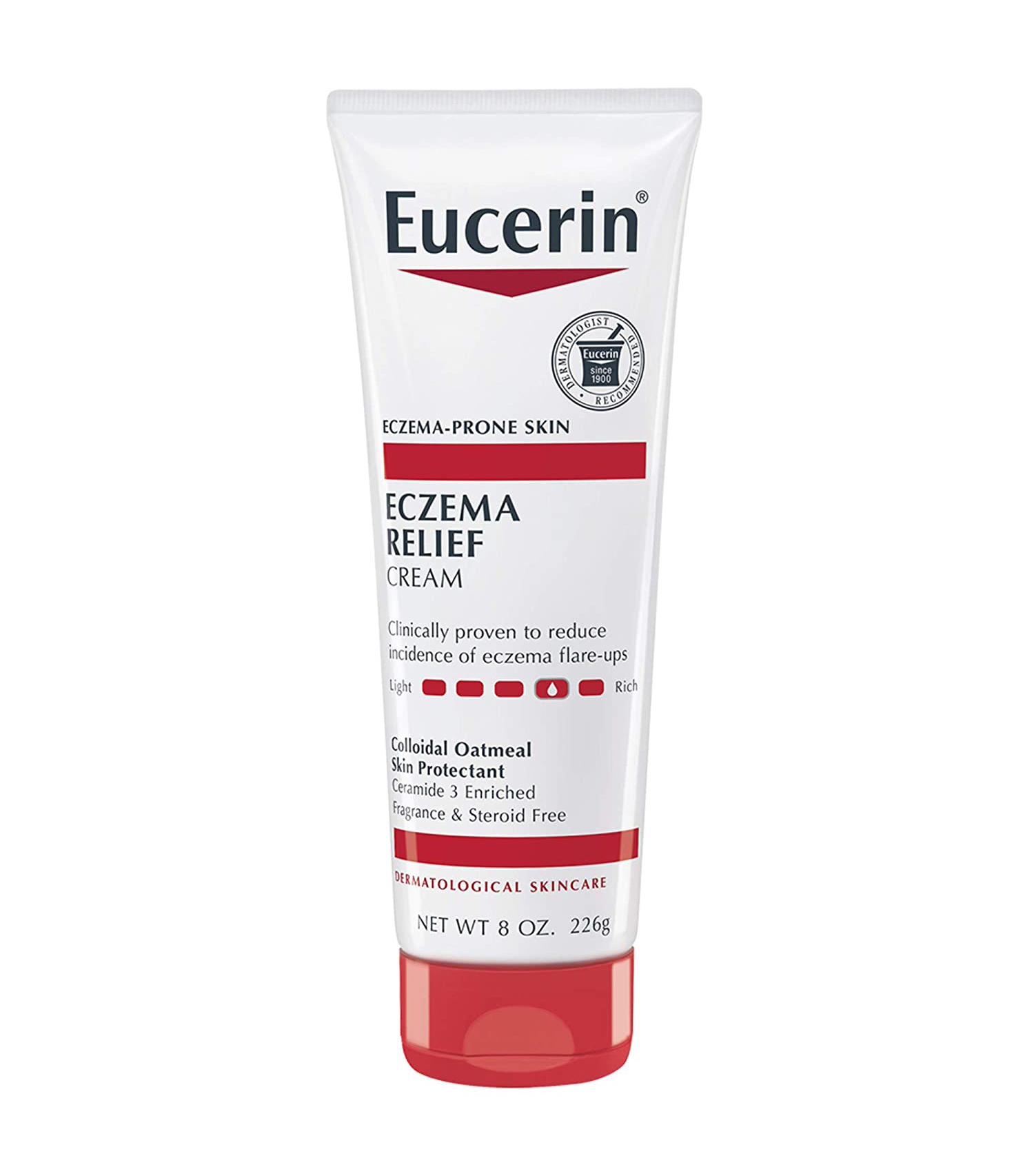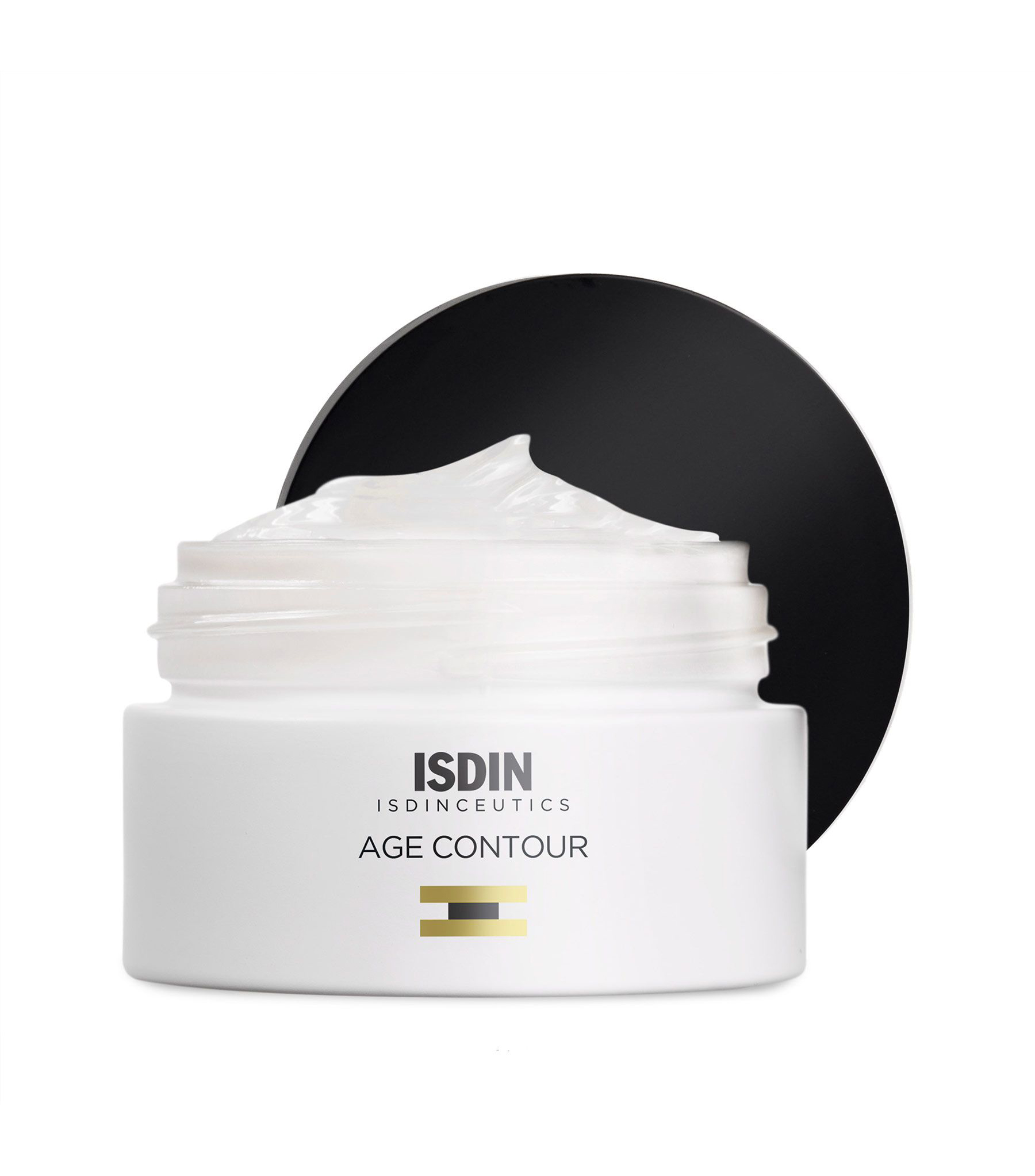If You're Over 40, Dermatologists Say This Skincare Product Is Nonnegotiable
I think we all know by now that skincare isn't a one-size-fits-all situation. How you take care of your skin and what products you use will depend on your skin type. If you have oily and/or acne-prone skin, you might have a different regimen than someone with dry skin. Those with sensitive skin might avoid certain ingredients. And if you have mature skin, you'll have different needs too.
As for the latter, one thing you need to consider with mature skin is your hydration levels. Changes in your body make it so that moisturizing is more important than ever. "As we age, our skin rapidly loses its ability to retain moisture," explains board-certified dermatologist Joyce Imahiyerobo-Ip, MD, FAAD, owner of Vibrant Dermatology and SkinBar MD. "This results from decreased oil production, a breakdown of collagen, and a decrease in hyaluronic acid production. This results in drier, more sensitive skin that can appear dull and lackluster. You may also find that moisturizers that previously worked well in the 20s and 30s no longer cut it in your 40s and 50s."
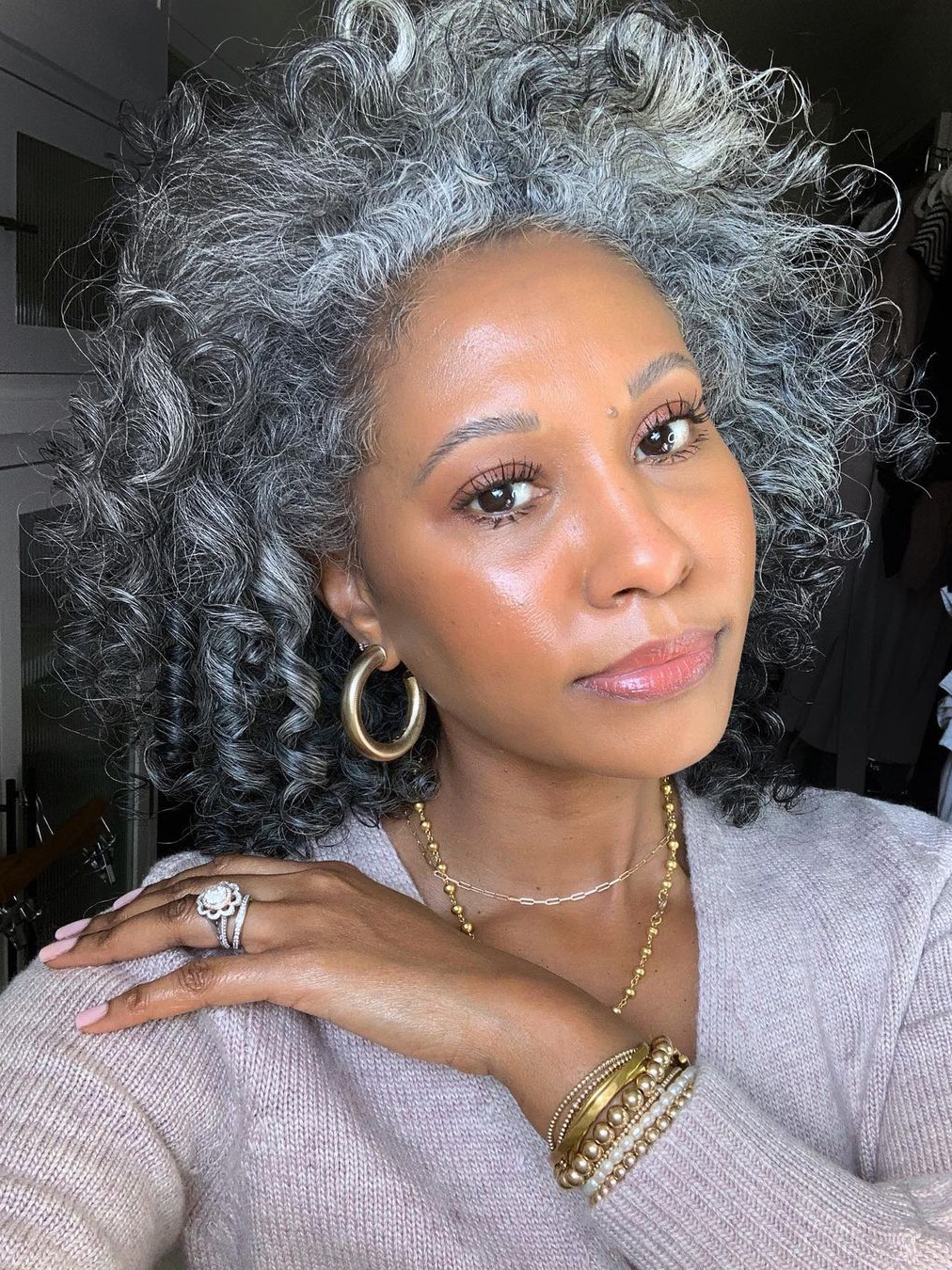
When you're younger, the amount of lipids (or oils) on the skin's surface is higher, but it declines with age, adds Robyn Gmyrek, a board-certified dermatologist at Park View Laser Dermatology. You need this lipid film for skin-barrier function, as it helps hold water in the skin.
Gmyrek says age-related hormonal changes can also be responsible for reduced sebum or oil production. "This is more evident in women, where oil content in the skin progressively decreases from 40 years of age," she explains. "Changes in hormone levels occur in both sexes, but the female skin suffers more from the negative impact of decreasing estrogen in menopause, with a result of drier skin. Mature skin is more prone to irritation, more fragile, more prone to tear with even mild trauma, and more prone to inflammation and infections."
Fortunately, there is something you can do about all of this. Find a moisturizer that works for you and use it often. "Mature skin will need three things: a larger quantity of moisturizer applied each time (think super generous), a higher frequency of application (multiple times a day), as well as more potent and concentrated hydrating formulations to address its moisturizing needs," recommends board-certified dermatologist Flora Kim, MD, FAAD.
How to Shop for a Moisturizer When You Have Mature Skin
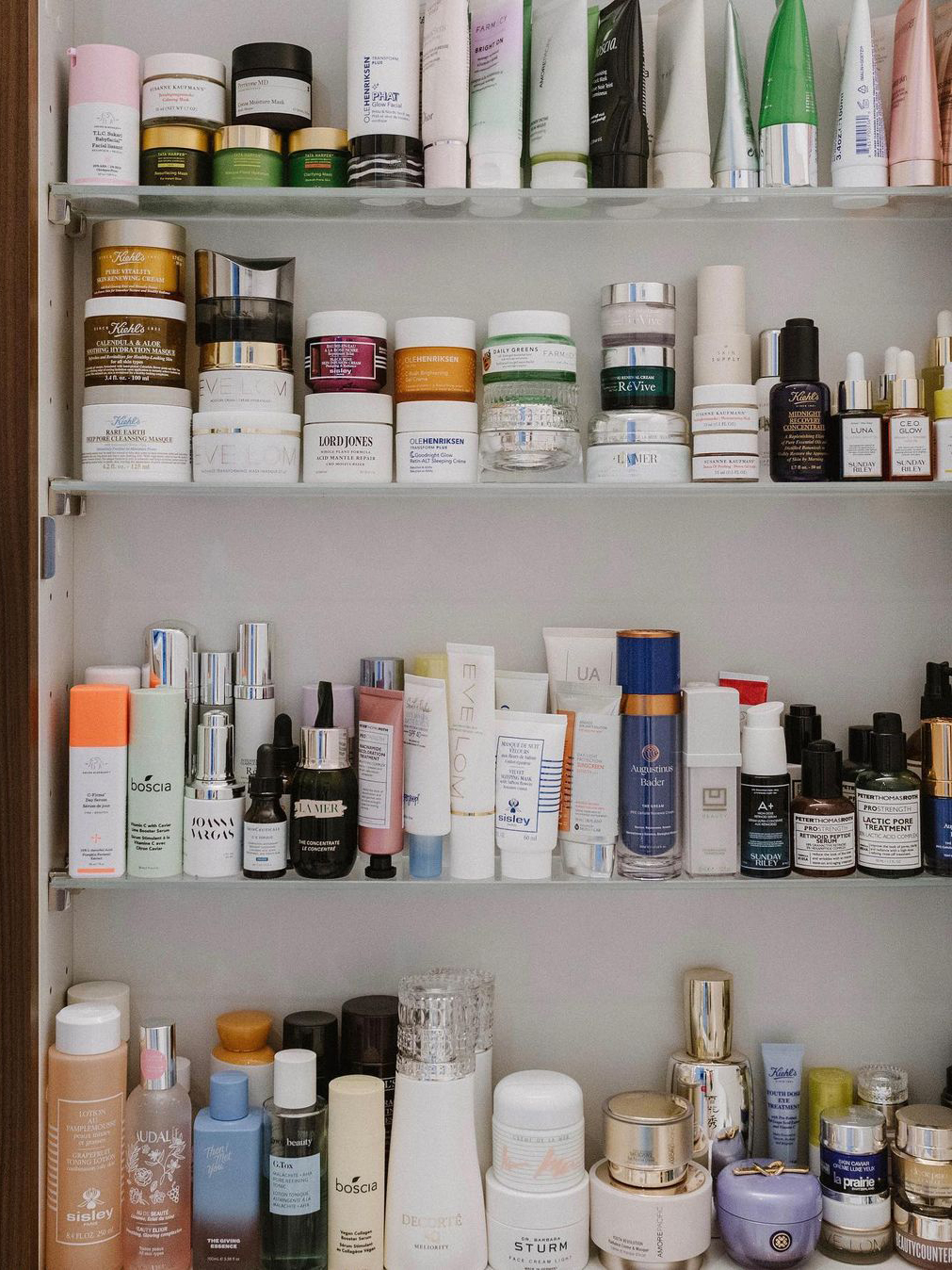
When shopping for a moisturizer, the first thing you'll want to consider is the formulation: lotion, cream, or ointment. Gmyrek says lotions have more water than oil, go on smoothly, are thin in consistency, dry quickly, and aren't greasy. Creams contain more oil than water, are thicker in consistency, and might require more rubbing for absorption. Ointments have no water, are very thick, can feel greasy, and are often petroleum based. Whatever formulation you choose, it's important that you look for specific ingredients, which the experts listed below. In general, the best moisturizers will have a combination of these ingredients.
Glycerin: This is a humectant that attracts water into the upper layer of skin (the epidermis) from the lower layer (the dermis), Gmyrek says.
Hyaluronic acid: "It's a very efficient hydrator. It draws moisture into the skin from the environment and from underlying tissues," explains board-certified dermatologist Susan Van Dyke, MD, founder of Van Dyke Aesthetics. "Hyaluronic acid can bind 1000 times its weight in water, which makes it an ideal humectant."
Ceramides: They have been shown in scientific studies to improve skin hydration and skin-barrier function.
Colloidal oatmeal: "It improves skin-barrier function, helps prevent water loss in the skin, and is anti-inflammatory," Gmyrek adds.
Shea and cocoa butters: "These represent a different kind of moisturizer. They are emollients and give skin a soft, smooth surface, reducing the appearance of 'crepey skin,' which is an issue with mature skin," Van Dyke says.
Dimethicone: This one is an emollient that smooths and softens the skin.
Niacinamide: It helps repair and keep the skin barrier healthy.
Occlusives: These will prevent moisture from being lost. Examples include petrolatum, mineral oil, squalane, waxes (beeswax, carnauba wax, lanolin), shea butter, and jojoba oil.
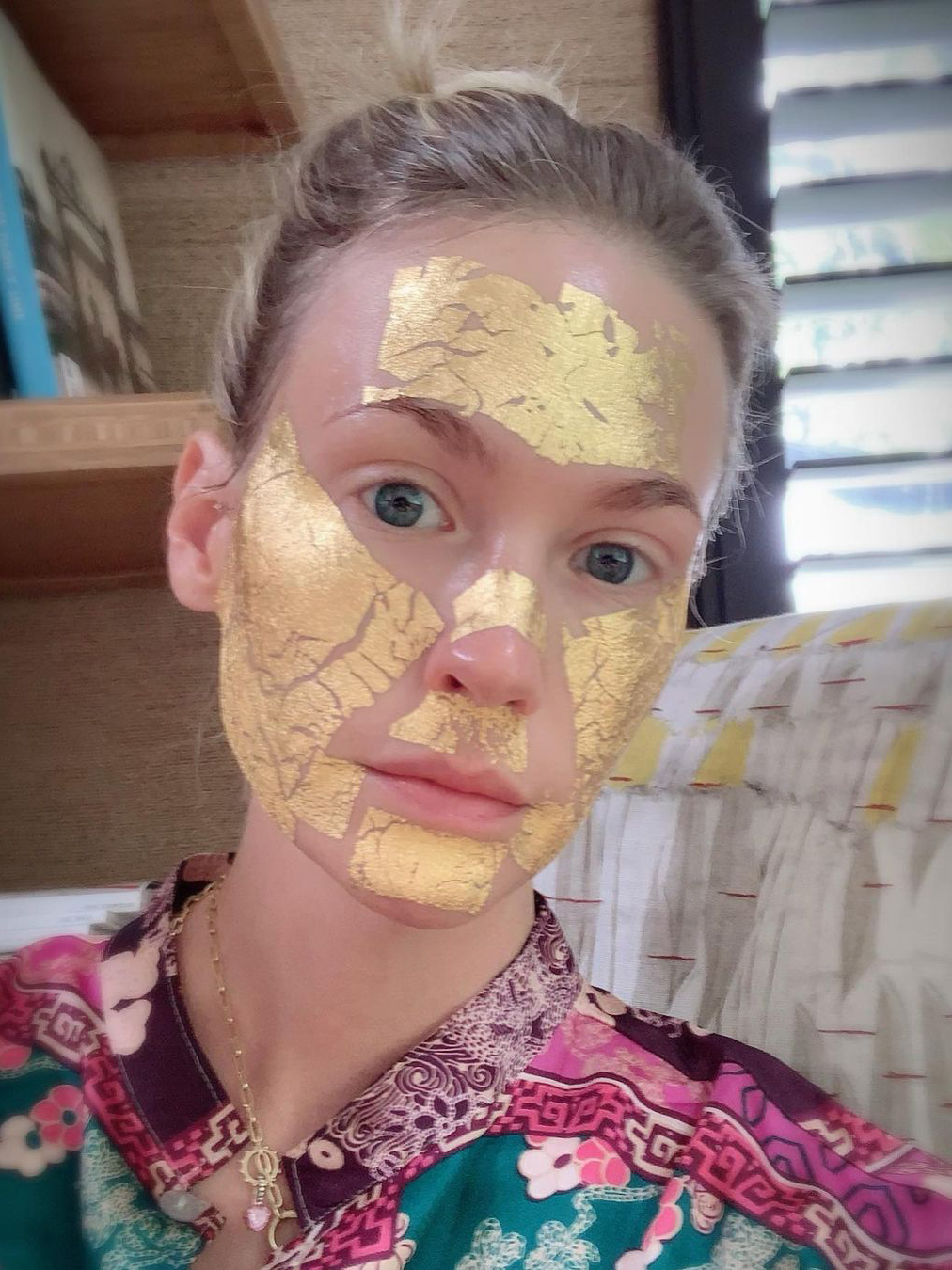
Another note for your moisturizer shopping: You might want to treat mature skin as sensitive skin since it does become more fragile with age. "In general, caution should always be exercised in those with sensitive skin," explains Imahiyerobo-Ip. "If you have sensitive skin or are prone to allergies, always test new products for a few days on your arm before applying them elsewhere on the body."
Gmyrek recommends going with an ointment if you can tolerate the greasy feeling of that option. "They are very occlusive and moisturize very well," she adds. "Ointments are also unique, in that they contain no water. Water is needed for bacterial growth, so no water equals no bacteria. What this means is that ointments do not need to include preservative ingredients, which is one less chemical to irritate the skin."
Moisturizer Ingredients to Avoid
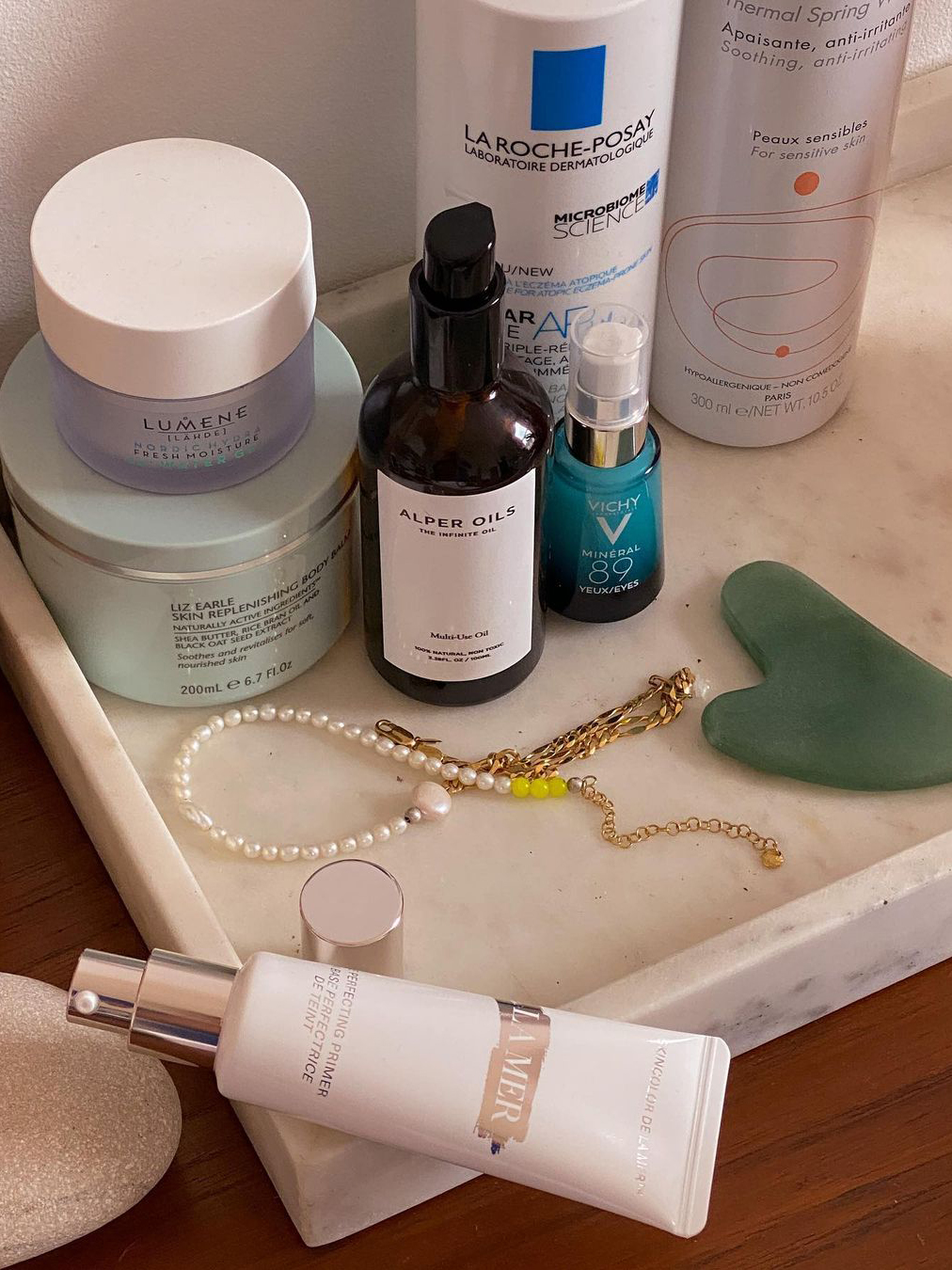
There are common moisturizer ingredients that don't exactly mesh well with mature skin. See a few here.
Anything that dries skin: Well, this is a given but is still important. And the list of possible ingredients is longer than you might think. "Mature skin tends to be more on the dry side, so one must try to avoid (or use with caution) any ingredients that will exacerbate dryness such as acne-fighting formulations," Kim says. "Ingredients that exfoliate or peel need to be used judiciously, as well as anything in the vitamin A family such as retinol, retinaldehyde, and prescription Retin-As." If you are going to use retinol, add it in slowly, like using a low-concentration formula twice a week and increasing over time, so your skin can get used to it.
Alcohol: Van Dyke recommends avoiding lotions with alcohol and focusing on richer creams.
Fragrances: You'll want to stay away from these in other skincare products too. "Unscented is not the same as fragrance-free," Gmyrek adds. "Unscented can have a fragrance that has been masked. Fragrances commonly cause irritation and allergic reactions in those who are sensitive."
Application Tips
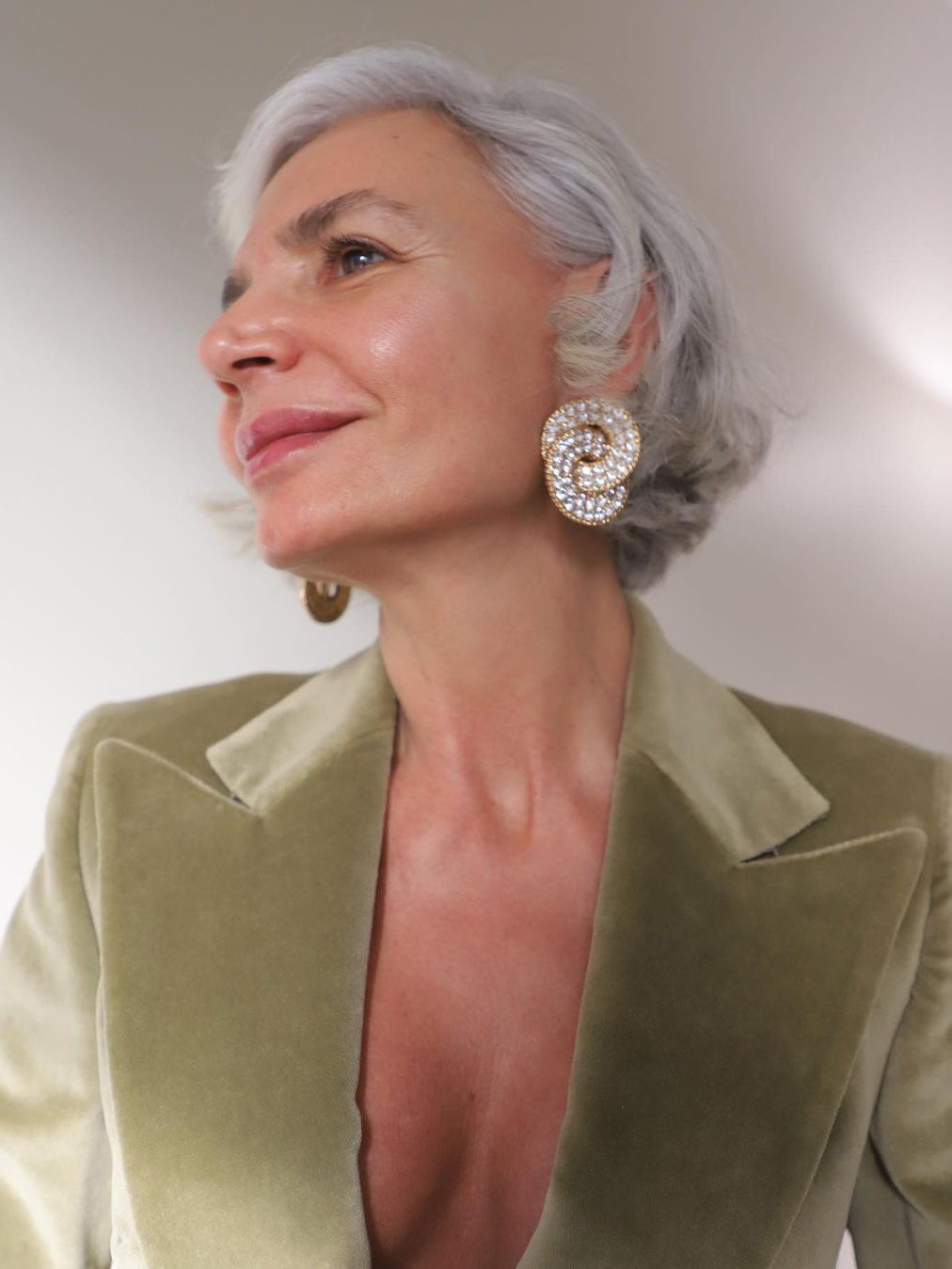
"The best time to moisturize your skin is after you get out of the shower or right after you wash your face," says Imahiyerobo-Ip. "Gently pat your skin and apply moisturizer to slightly damp skin. This will seal in the moisture from your shower."
It's recommended to do this twice a day (in the morning and at night), but Van Dyke says it might also be beneficial to moisturize midday, especially if the environment around you is dry. "Try misting the face and then applying moisturizer. In a pinch, just mist on top of the moisturizer, allowing the water to be drawn in," she says.
Make sure you are applying your product actively, not passively, Kim advises. "Why not simultaneously stimulate collagen production and increase circulation?" she says. "When applying products, I always recommend to mindfully pat or slap in an upward motion, and do so for as long as you want (I actually hit quite hard that my skin turns pink!) when applying the products."
When it comes to your baths and showers, you want to hit the sweet spot in terms of water temperature and duration, as more than that could dry out your skin. Gmyrek recommends taking short baths or showers of 15 to 20 minutes and using lukewarm, not hot, water. Use non-soap cleansers that are fragrance-free, as soaps can strip essential oils from the skin.
Other Things to Know
Think about your entire routine: "Oftentimes, people think that moisturizing only comes in the form of what moisturizer they choose," Kim says. "But it is just as important to think more broadly about your entire skincare routine from start to finish, which includes finding the right face cleanser, serum, exfoliator, sunscreen, etc. Question the purpose of each product you are using and do not be afraid to switch things out as often as needed to respect the hydration needs of your mature skin."
Don't wait until you notice dry skin: Gmyrek says that many people might reach for the moisturizer when they have a problem, like excessively dry skin that itches or cracks, or if they have eczema or psoriasis. But you shouldn't wait until then—keep your skin barrier healthy by regularly moisturizing.
Consider rotating moisturizers: Some people might need to switch out their moisturizers throughout the year, depending on their needs or environment. "During warmer months, you can get away with lighter moisturizing lotions because there is more humidity in the air," says Imahiyerobo-Ip. "During cooler months, you should opt for thicker moisturizing creams."
Be aware of "organic products": Organic products can be good, but you should also understand how they work. Imahiyerobo-Ip says she has noticed some patients over-moisturize with "organic products" that may be harmful to mature skin. "I have had mature patients present with full-body rashes after using raw coconut oil," she says. "I always explain that while these ingredients can be helpful, using them in their raw form may accidentally cause contact dermatitis."
Take a look at your lifestyle: "It is often forgotten to nourish your skin from the inside out, so be mindful of how much water you are drinking, what foods you are eating, if you smoke, what the climate or weather is like where you live, how much pollution you're exposed to, how much sleep you are getting, and what your stress levels are," Kim says. "To truly moisturize mature skin properly, one must respect the interconnectedness of skin health and the choices you make each day."
Dermatologist-Recommended Moisturizers to Try
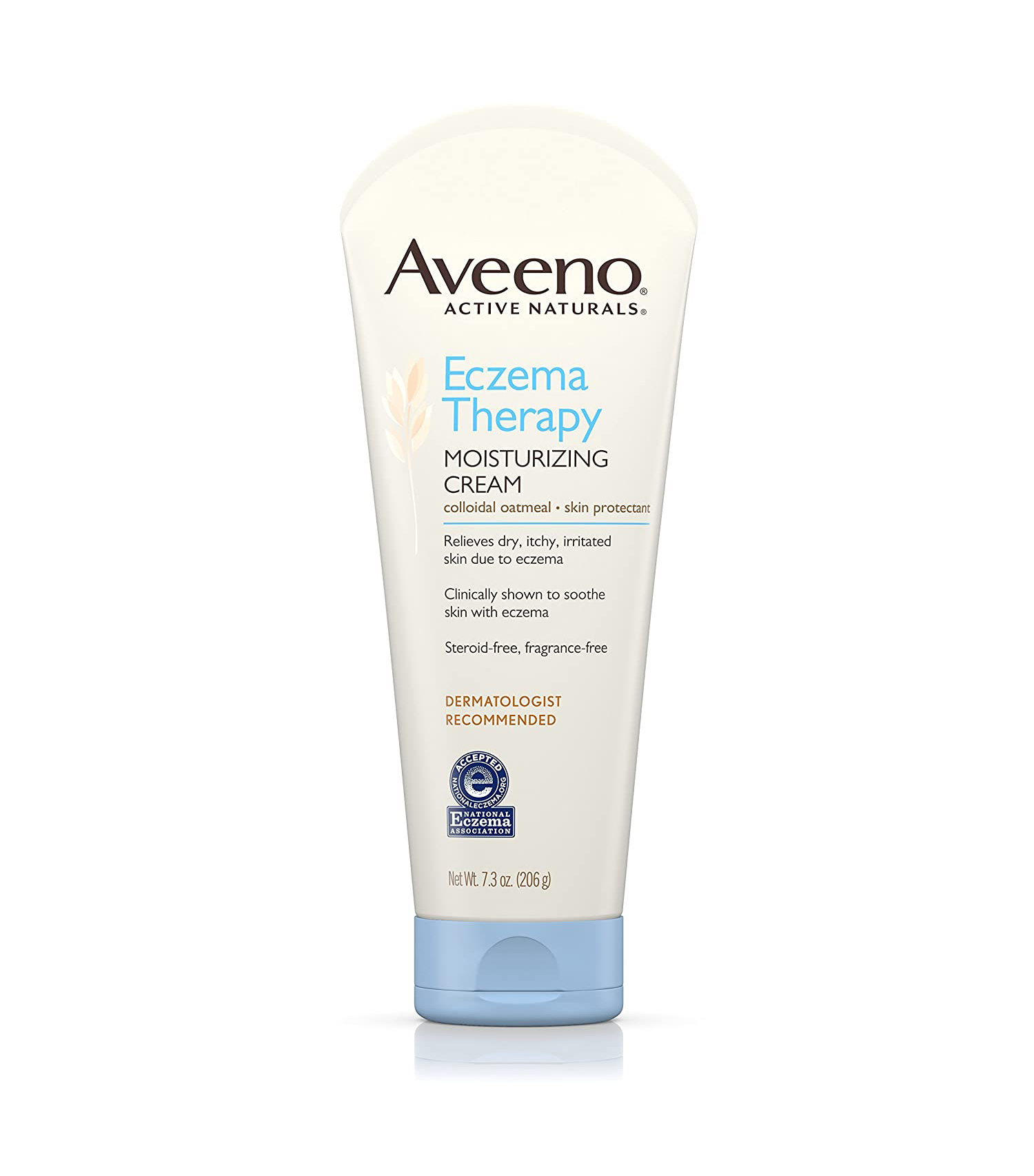
"It contains colloidal oatmeal, ceramides to aid in a healthy skin barrier, glycerin, and panthenol (provitamin B5) as humectants. Plus, it includes oat-kernel oil as an emollient and petroleum as an occlusive to lock in the moisture," Gmyrek says. "It is thick but not greasy and fragrance-free. It's widely available and at a great price point. You do not have to have eczema to use this cream!"
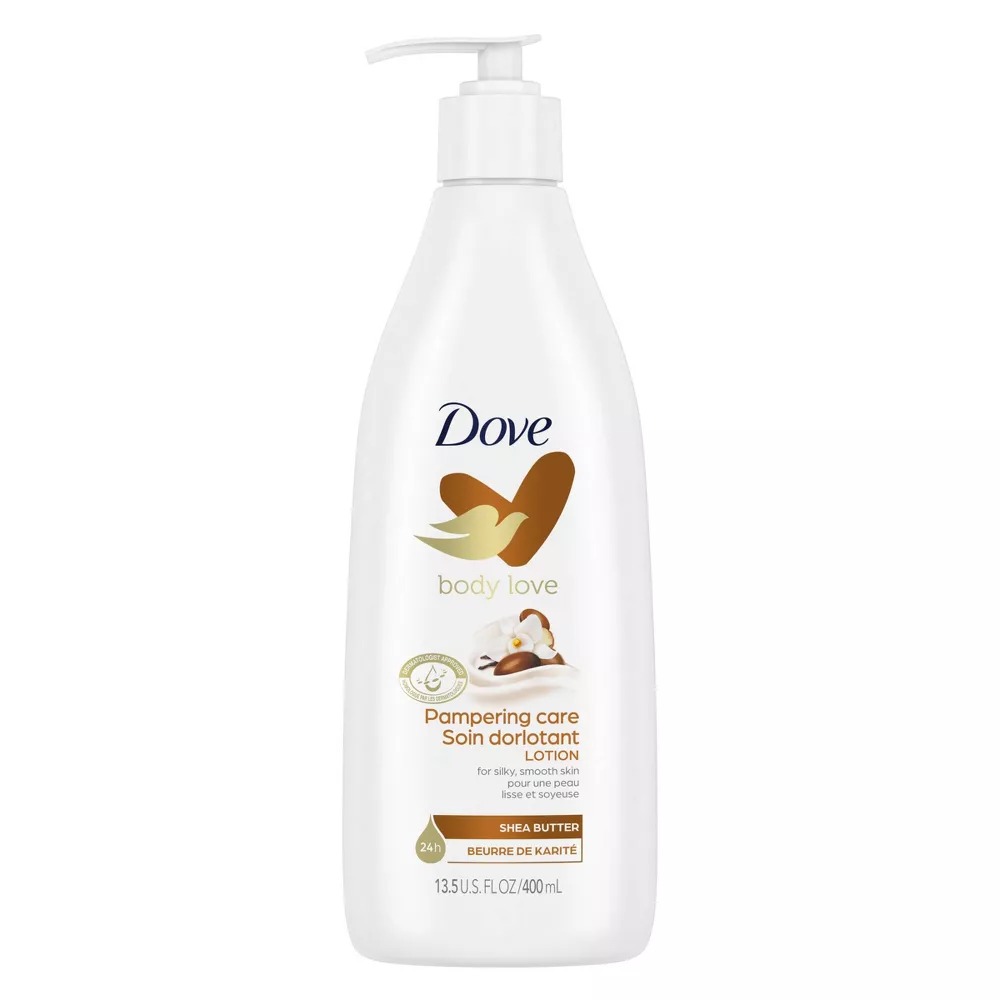
"I love Dove's Cream Oil Shea Butter Body Lotion," Imahiyerobo-Ip says. "It contains a blend of emollients, humectants, and occlusives, which make it great for hydrating dry skin. Some of its powerhouse ingredients include glycerin, triglycerides, dimethicone, petrolatum, and shea butter."
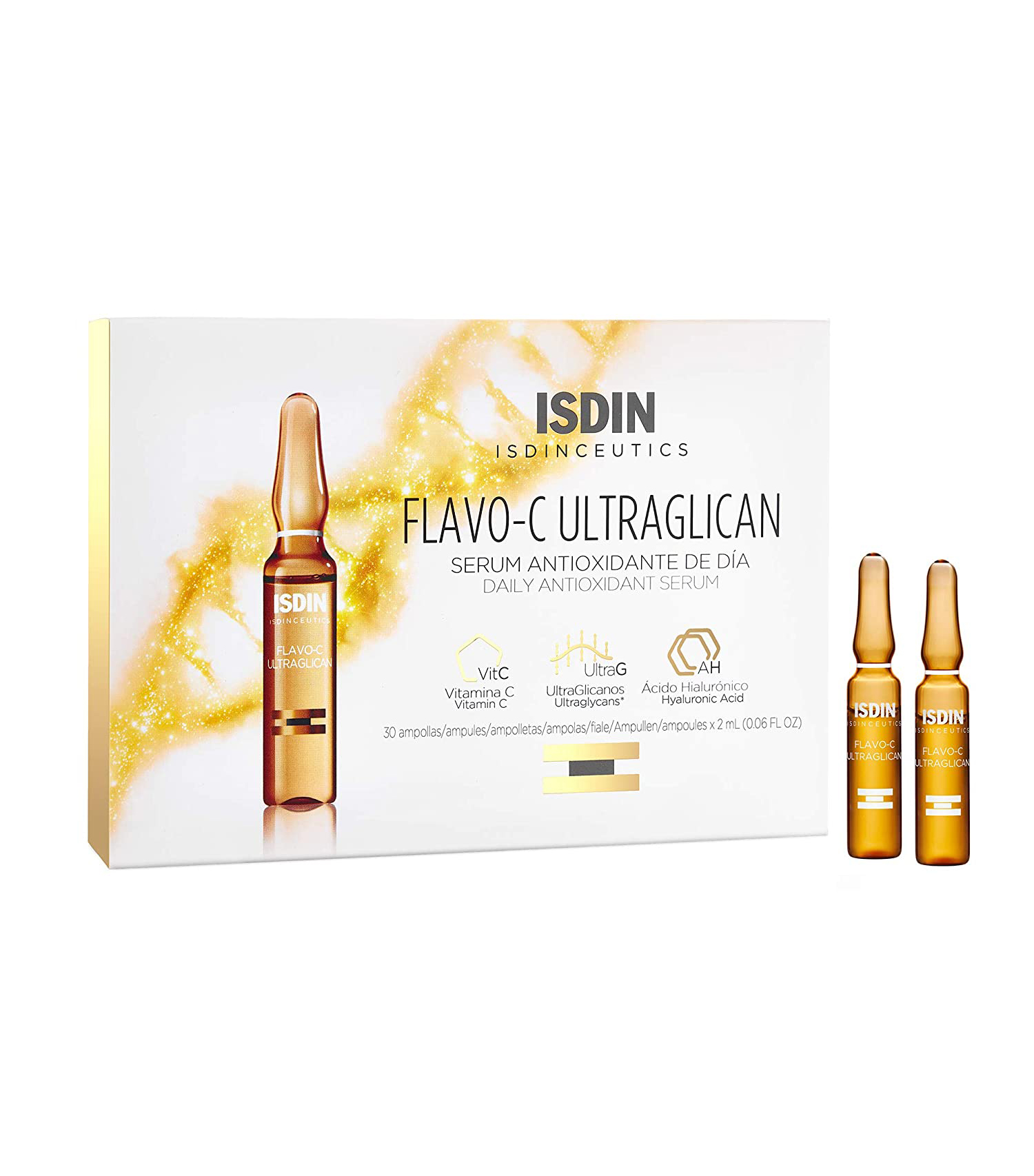
"[This is] the absolute best morning super-hydrating, antioxidant-rich serum for mature skin, especially because it comes in individual glass ampoules that ensure no breakdown or oxidation of the active ingredients, so each morning, you are giving your skin the most potent formulation," Kim says.
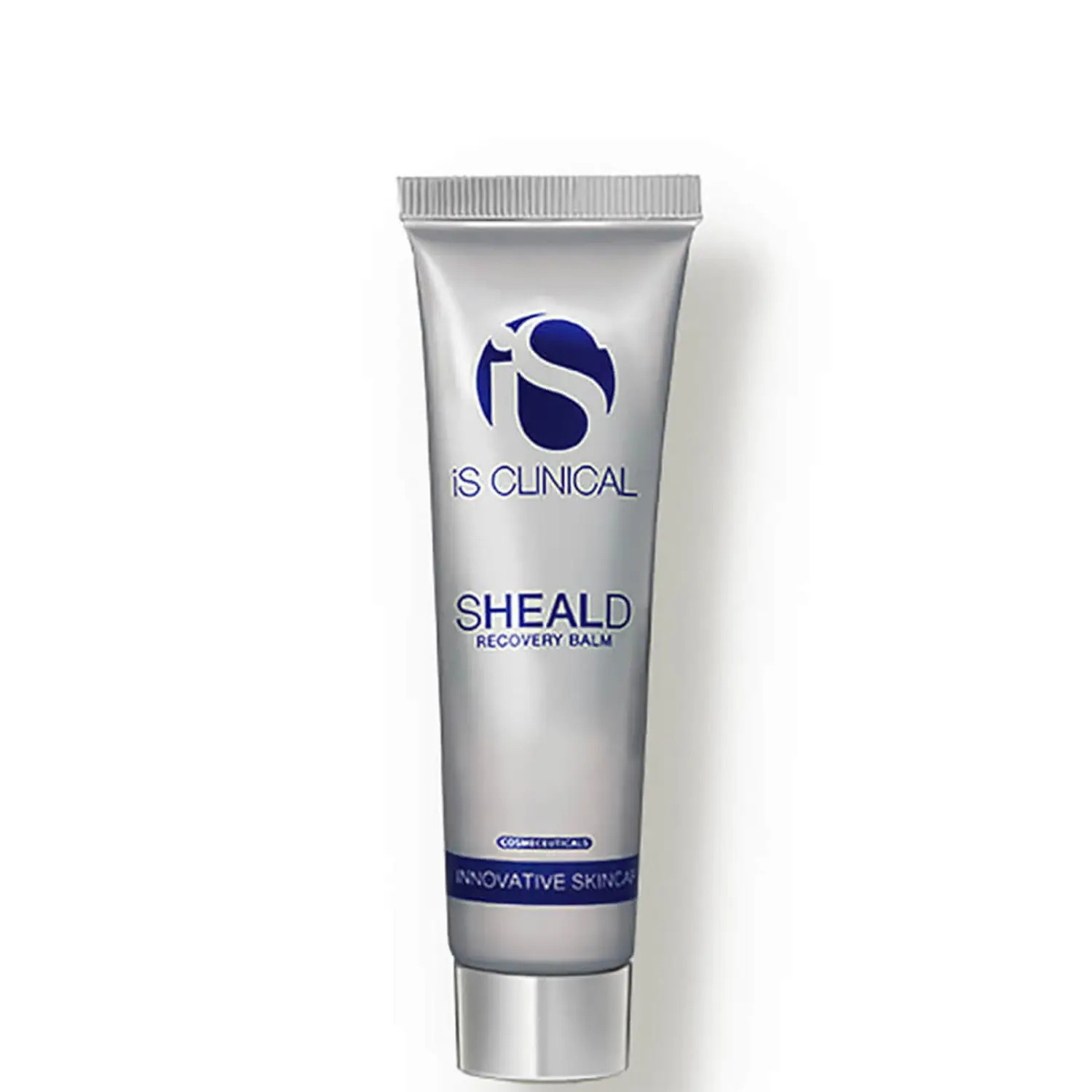
"If your skin is just dry, dry, dry, and you feel like you need to apply so much that all of the one- to two-ounce creams out there are being used up faster than your wallet gets replenished, try this super-economical balm that is truly best value, as it delivers potent hydration at a reasonable price so you finally can use generously and copiously!" Kim says.
This article was originally published at an earlier date and has since been updated.
Up Next: Derms 100% Endorse These Under-$16 Body Lotions You Can Buy at the Drugstore
Sarah is lifestyle writer and editor with over 10 years of experience covering health and wellness, interior design, food, beauty, and tech. Born and raised in Los Angeles, she attended New York University and lived in New York for 12 years before returning to L.A. in 2019. In addition to her work atBest Knockoff Luxury Clothing , she held editor roles at Apartment Therapy, Real Simple, House Beautiful, Elle Decor, and The Bump (sister site of The Knot). She has a passion for health and wellness, but she especially loves writing about mental health. Her self-care routine consists of five things: a good workout, “me” time on the regular, an intriguing book/podcast/playlist to unwind after a long day, naps, and decorating her home.
